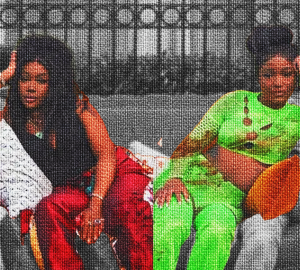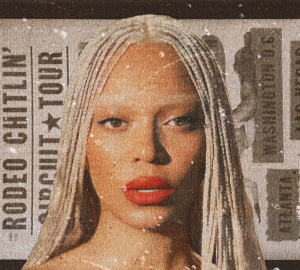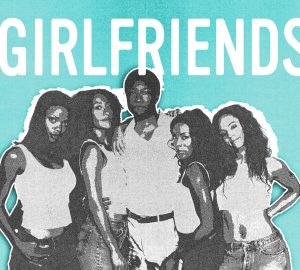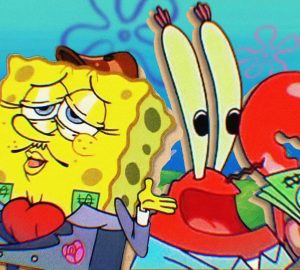Why ‘The Politician’ should be on your to-watch list
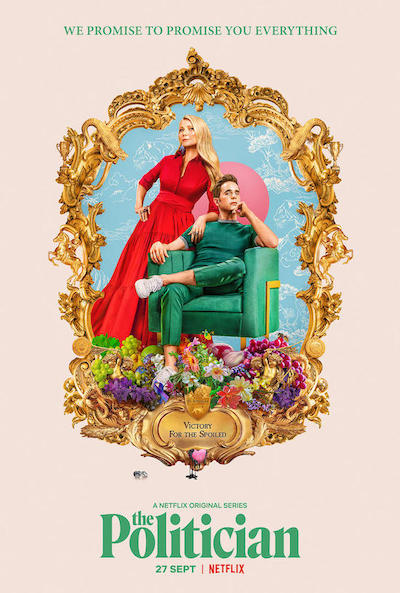
Ryan Murphy, creator of “Glee,” “9-1-1,” and “American Horror Story,” has just released a new Netflix show, “The Politician,” starring Ben Platt, Gwyneth Paltrow and Zoey Deutch. In the show, Platt plays the role of Payton Hobart, a wealthy high-school kid running for student body president, a crucial step in his decades-long plan to become President of the United States, a position for which he would do anything.
Critics are not loving the show, and it’s easy to see why: it’s a mess. Wild successive plot twists, one-dimensional characters, and the continuous name-dropping of important political issues without really getting into it. In all this madness, it can be hard to find the point of the show, or to determine whether it even has a point at all. But dare I say: the madness is the point.
Being a satirical piece, “The Politician” is ridiculously overdramatic: fast dialogues, outrageous acting, everyone planning casual murders in reactions to the smallest of things. Payton, from the very first few minutes, makes clear to us he’s a politician: he wants to do good, but by no means is he a good person. Now, with all that admittedly entertaining qualities, is there anything new in “The Politician” sets it apart from the plethora of political shows we’ve already seen? Yes and no. And both are the point.
Firstly, no, because Payton is just like a lot of characters who came before him: he honestly wants to do good, but in the midst of election politics, he can’t. It’s the usual utilitarianism argument: sacrifice the immediate good in order to do greater good in the future. In all of this, we see a reflection of American politics. Before, it was just empty-suit politicians with flip-flopped records peddling popular topics to the public without any evidence but their words that they care. For example, look at Joe Biden’s records on mass incarceration, or Kamala Harris’ on criminal justice. However, in recent years, we have seen citizens motivated to public offices by personal injustices and trauma, with focused goals that do not waver. Or, well, as Payton Hobart showed, not at least we look behind the curtains of elections. There, they wobble a little bit.
Is it a sad truth that to fight for our ideals we sometimes have to compromise them. Election politics isn’t made any easier with a breaking news story, dirt leak, and other shocking headlines that are as wild as the plot twists of “The Politician,” with public reactions just as dramatic as the characters. And like on the show, a lot of times, these are gross overreactions over hollow stories. The show is insane and messy because politics is insane and messy. Payton is shallow because politicians have to be shallow. Everything in the show is nonsensical; well, take a look at American politics right now and tell me if it makes perfect sense.
And this is what separates “The Politician” from other political shows. By being absolutely ridiculous, it openly mocks election politics and the corruption of morality. It is the only election show that does not care about the election. There’s no political suspense; the audience don’t care if Payton wins or lose. In the end, no one is happy and nothing gets done. The show treats ruthlessness not as bravery or criminality, but simply as political calculations, most of them dramatic, unreasonable, and regrettable. What we thought as an overexposure of crazy characters, outbursts of rage, and shocking secrets was just Ryan Murphy’s explanation of the truth: there is no glory to politics. Just a whole lot of madness.


